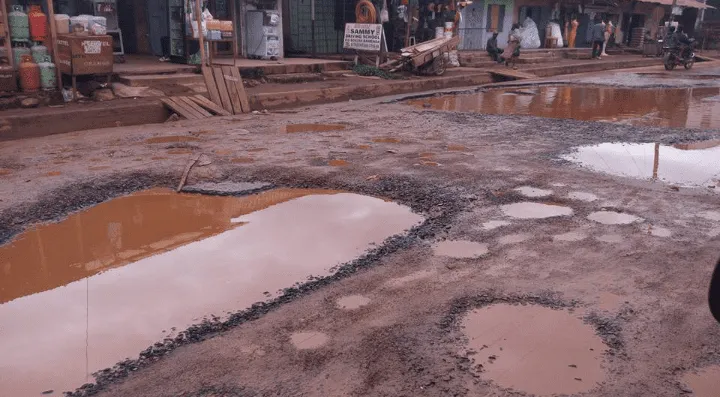“Bad road infrastructure crumbling economies in the NW and SW”. MP for Momo Division,
Honorable Enje Fongang Prudentia of has reawaken the endless agitations by most native Cameroonians in the Anglophone speaking part of the country about the poor road infrastructure, which has contributed in crumbling the not so buzzing economies in these two regions.
Speaking on behalf of her constituency, the member of Parliament lamented the fact that Mbengwi had one of the worst road transport networks in the country linking the farms and the market.
With palm oil being the major source of economic livelihood, the lack of better transporting infrastructure linking them to major markets has caused the price of their oil to fall drastically, further pulling the people to live below the poverty line.
Reflecting upon the M.P’s worries, it is equally very essential knowing that most of these roads may be bad in reality, but already well constructed on paper. The accountability of state officials on public contracts has been horrible down the years. There are hundreds of projects in Cameroon that have been left half constructed or not even touched at all but yet all ticked completed. There is reference to an annual budgetary allocation to construct a road in the early 2000’s. The contract was given to one Mr. Ndifor and when asked about the job he ought to have done some time ago but he left undone, he said he didn’t even know the villages in question, before going on to laugh after insinuations stating “Oh, that! Do not believe everything you read in the state budget”.
When someone who works with the system says this, then just one thing could be deduced of it, that projects are intentionally inflated when crafting out the budget so that private pockets may well get filled.
Historically, the state of affairs in the country could also be referred to when the Farmers’ Loans Bank (FONADER) went bankrupt in 1989 after having loaned out all its money to non-existent “ghosts” farmer accounts behind which were friends and relatives of the managers, equally when the grains development initiative (Sodeble) closed its doors after barely producing only one twentieth of the 120,000 tons of corn per year that the government had promised.
The downfall was allegedly due to how the institution financed marriages, journeys and baptisms for senior staff of the company as well as the administrators of the region.
Mimi Mefo Info


